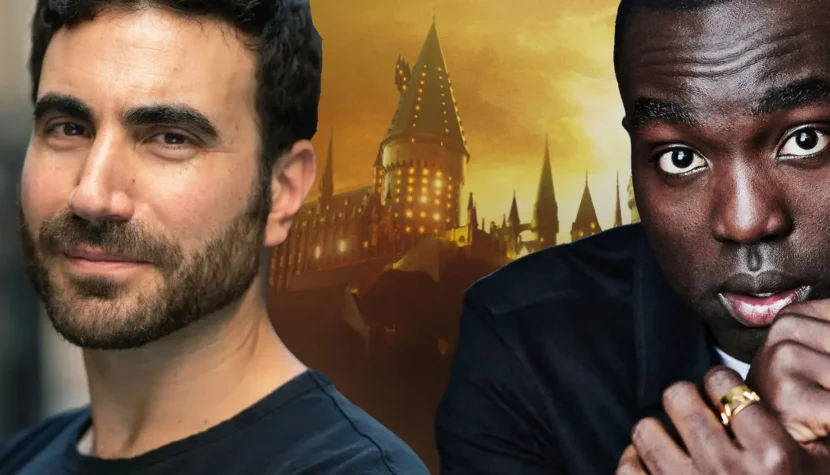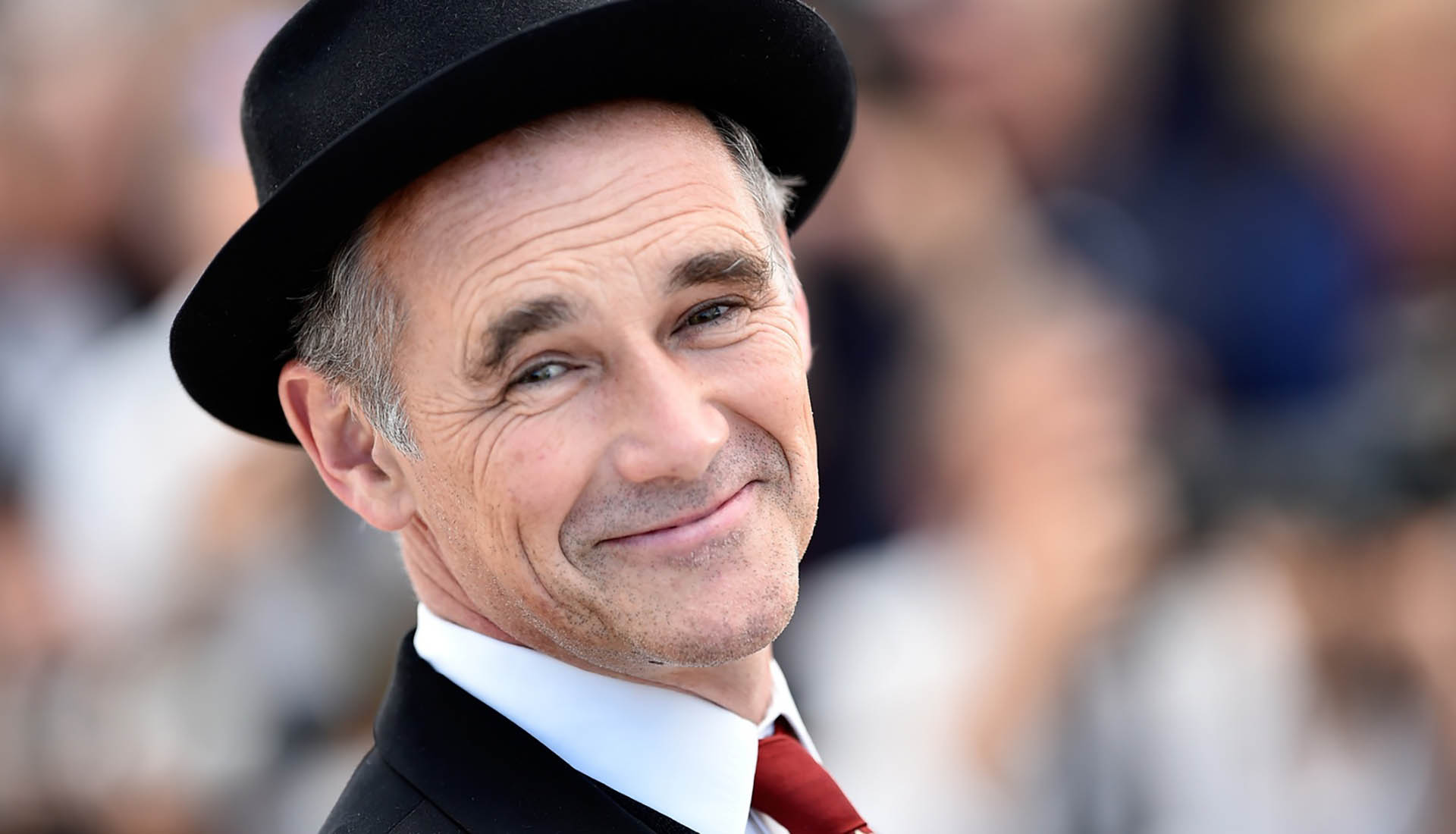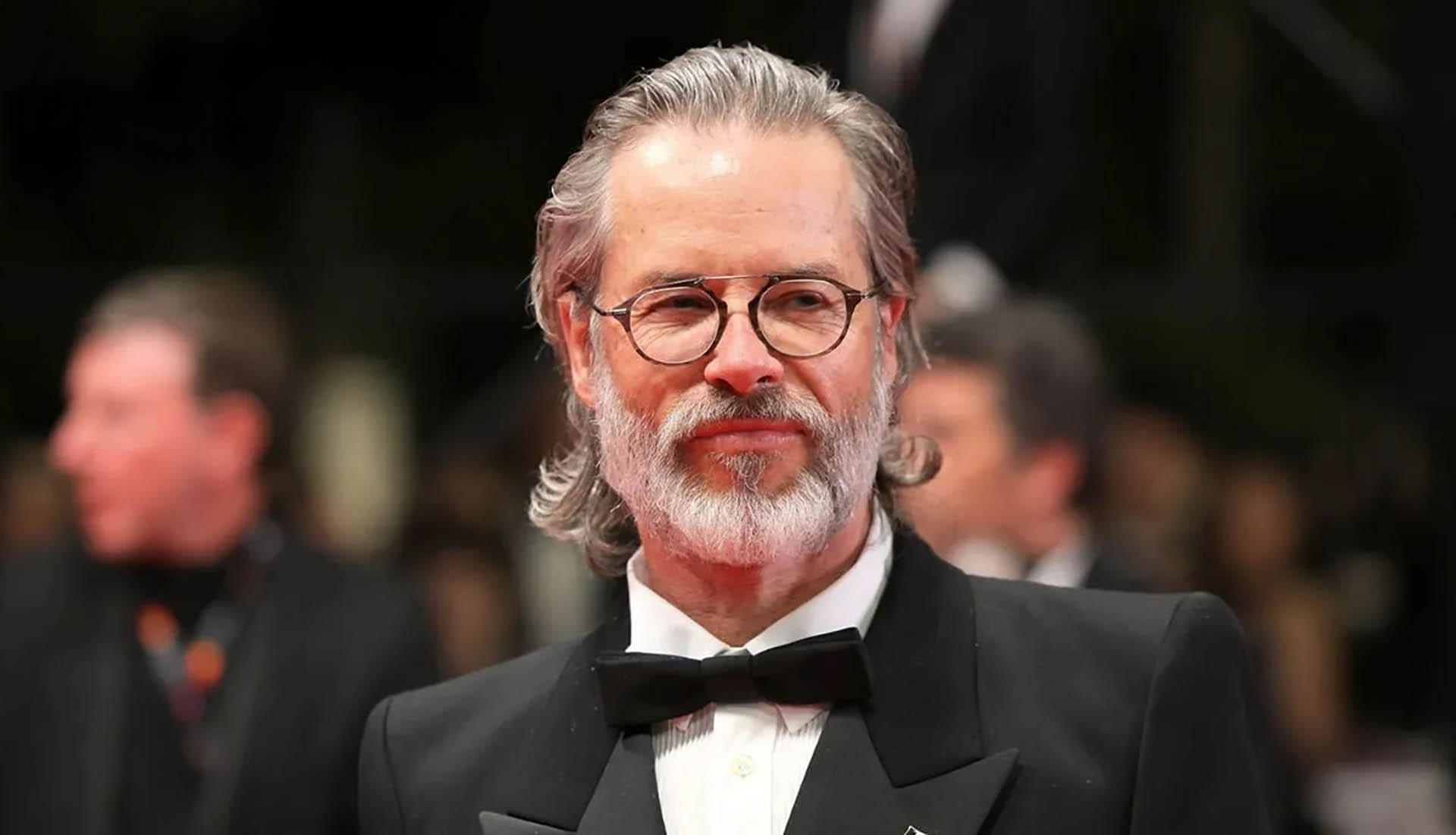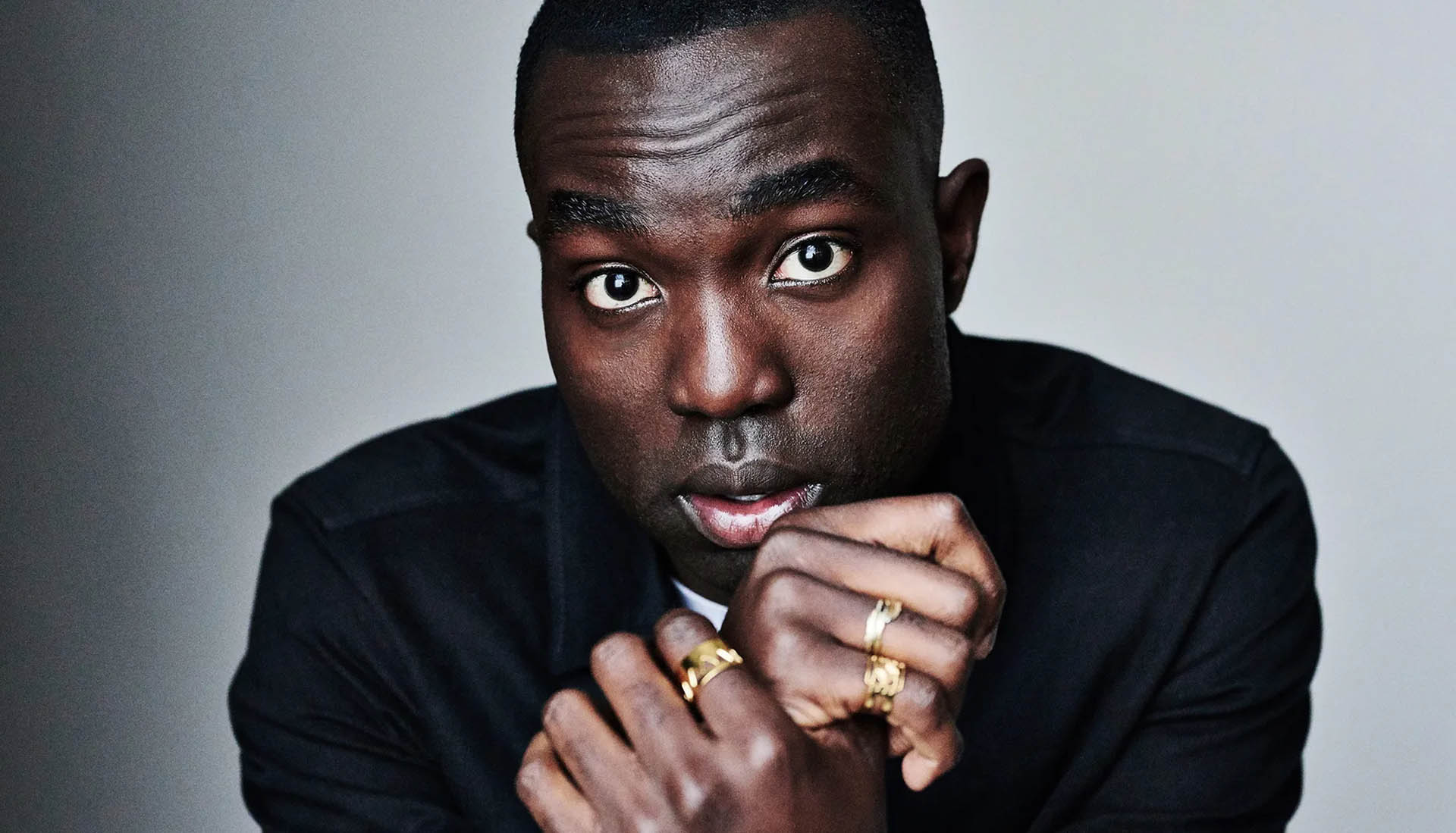The HARRY POTTER series as an unnecessary victim of misguided leftist ideology?

In this column, I won’t just be discussing the potential casting of Paapa Essiedu as Severus Snape. Instead, I’ll focus on what can and should be done with the Harry Potter series in the upcoming TV adaptation. The news about Essiedu, of course, recently set the internet ablaze. While I agree it’s a controversial choice, it’s merely one part of the broader issue: the Harry Potter series itself. The first concrete information about the series emerged in 2021, and today we’re hearing more specifics, including prominent names in the creative team like Francesca Gardiner (“Succession,” “His Dark Materials”) and Mark Mylod (“Succession,” “The Menu“).
For some fans of the original, the show seems entirely unnecessary, while others are excited that a seven-season series will finally do justice to the books. Speculation about the cast has been intensifying, as the series is expected to be not only faithful but also innovative. However, if innovation means merely changing the skin color of the actors portraying key characters, it risks becoming tiresome rather than controversial. This shift is hardly worth focusing on and might even warrant accepting the fact that J.K. Rowling’s story is predominantly ethnically white, as were the feature-length adaptations.
It’s true that the main characters, those central to the plot, were white. However, let’s not forget the Black actors who appeared throughout the series, like Luke Youngblood as Lee Jordan and George Harris as Kingsley Shacklebolt. Thus, the films weren’t entirely Caucasian. J.K. Rowling, given her own ethnic and cultural background, had every right to set her story within that context. Writing about a group outside her lived experience—say, Black communities in the Bronx—would have been inconsistent with her identity and upbringing. Most importantly, Rowling didn’t create a multicultural social critique but a piece of entertaining fiction that is deeply humanistic rather than ideological.

Left-leaning groups, of which I’ve always considered myself a part, shouldn’t attempt to forcibly or artificially compensate for the lack of multiculturalism in cinema by rewriting narratives to include other ethnic groups. Do those groups even want that kind of representation?
The Harry Potter TV series promises to be more unconventional than the films. I sincerely hope this doesn’t mean merely turning Snape into a Black man because such an approach would render “innovation” a hollow term. On the other hand, by pledging to faithfully adapt all seven books, the creators have already curtailed many opportunities to experiment with form and content.
What do we know so far about the cast, even if it’s mostly speculation? The first thought that comes to mind is who might play Lord Voldemort. Fans have floated the idea of Cillian Murphy, which even Ralph Fiennes supported. Casting Murphy would be an excellent move, particularly since Harry, Ron, and Hermione are expected to be played by entirely unknown child actors who might launch spectacular careers. Balancing this with well-known adult actors for other roles would be prudent.
Cillian Murphy has proven his talent for playing villains time and again. His opponent, Dumbledore, should similarly be portrayed by an iconic British actor. Until recently, three names were being discussed: Mark Strong, Jared Harris, and Mark Rylance. Mark Strong is visually recognizable but has played many villainous roles, which might feel repetitive. Jared Harris (who declined the role) would have brought sentimental value as the son of Richard Harris, the first actor to play Dumbledore in the films. This casting would have completed a symbolic circle. Mark Rylance offers a dignified alternative in the vein of Michael Gambon, though with more vitality than Richard Harris had toward the end of his career.

As for other beloved characters like Rubeus Hagrid and Minerva McGonagall, “Forbes” reports that Hagrid might be played by Brett Goldstein, a relatively unknown British actor, comedian, and podcaster best known for “Ted Lasso.” Minerva McGonagall could be portrayed by Sharon Horgan, who starred in the intriguing film “Game Night.” Compared to Cillian Murphy as Voldemort or Mark Rylance as Dumbledore, these actors are strikingly less renowned.
And then there’s Snape, a crucial character in the Harry Potter story, on par with Dumbledore in narrative importance. Paapa Essiedu, rumored to be cast, is, to put it mildly, not a household name. Moreover, his casting feels ideologically charged, as if he’s a living symbol of progressive virtue, showcasing how inclusive and forward-thinking certain circles claim to be. This comes across as disingenuous, even racist, in a patronizing way.
Essiedu’s age (34) and polished appearance don’t align well with the dark, brooding aura of Snape, despite Snape’s relatively young age in the books (30+). A more fitting choice might be a well-known, mature British actor like Tom Hardy (47) or Guy Pearce (57). For the role of Lucius Malfoy, it would be intriguing to see Tom Felton return—not as Draco, but this time as his father—while a new, unknown actor debuts as Draco.

With HBO behind the production, there’s little doubt the series will be visually stunning. The real question is how fans will react, given how deeply ingrained the feature films are in popular culture. Experimenting with the series, especially for ideological reasons rather than the goal of creating the best possible adaptation of the source material, seems risky. After all, we already have a beloved, iconic interpretation that, while imperfect, holds cultural significance.

